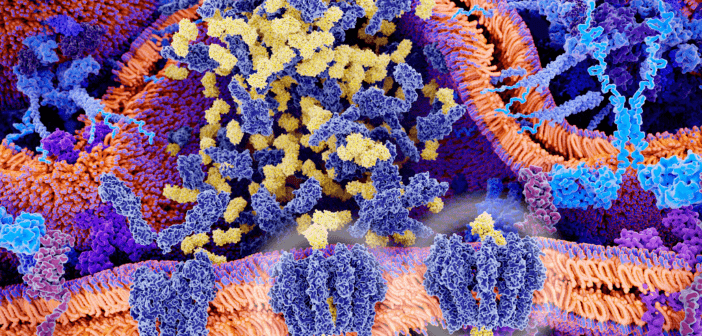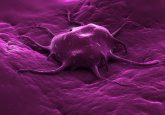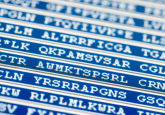Kite Pharma announces Phase II study results investigating the use of CAR T-cell therapy Yescarta®

Kite Pharma, a Gilead company (CA, USA) has announced the results of its recent Phase II ALYCANTE study investigating the use of CAR T-cell therapy Yescarta® in patients with relapsed/refractory (R/R) large B-cell lymphoma (LBCL). The full findings were published in Nature Medicine.
The study evaluated the efficacy and safety of Yescarta as a second-line treatment in 62 patients deemed ineligible for high-dose chemotherapy (HDCT) and autologous stem cell transplantation (ASCT). The primary endpoint of the study saw results of a complete metabolic response (CMR) – defined as negative findings on a PET study during or following antitumor therapy – of 71% at 3 months compared to an expected 12% with historical standard of care controls. When assessed at 6 months, 59.7% of patients still remained in CMR. Additionally, the team observed best objective response and complete response rates of 91.9% and 82.3%, respectively.
Professor Roch Houot, Head of the Haematology Department at the University Hospital of Rennes (France) and coordinator of the ALYCANTE study, commented:
“Transplant ineligible patients with aggressive relapsed or refractory B-cell lymphomas face poor prognosis, […] ALYCANTE is the first study to assess axicabtagene ciloleucel as second-line therapy for transplant-ineligible R/R LBCL and the results showed high response rates and durable remission in this hard-to-treat population.”
Following a median follow-up time of 12 months, Houot and his team found that median progression-free survival from infusion was 11.8 months and 48.8% of patients evaluated were alive and progression-free. However, median overall survival had not been reached, with overall survival being 78.3% after 12 months. In terms of safety, Yescarta was deemed acceptably safe in this population group of those considered unfit for HDCT and ASCT, with only 8.1% of patients experiencing Grade 3-4 cytokine-release syndrome and 14.5% experiencing Immune Effector Cell Associated Neurotoxicity Syndrome during the study.
You may also be interested in:
- What if we could eliminate the need for lymphodepleting chemotherapy before CAR T-cell therapy?
- Hypophosphatemia as a predictor of neurological toxicity post CAR T-cell therapy
- Novel clinical trial assay solutions for next-generation CAR-T therapies – historical and new case studies
Typically, around half of patients with R/R LBCL are ineligible for HDCT/ASCT as a result of factors such as frailty, age and coexisting medical conditions. The ALYCANTE study focused on patients ineligible for HDCT/ASCT due to being ≥65 years old, having a high hematopoietic cell transplantation-specific comorbidity index score and/or receiving prior ASCT.
Frank Neumann, SVP of Kite’s Global Head of Clinical Development discusses the impact of this study for patients unable to receive HDCT/ASCT:
“For patients who are deemed ineligible for stem cell transplant, the ALYCANTE data demonstrate that Yescarta can provide another option for a potential curative therapy, […] The data generation for Yescarta continues to reaffirm its potential to bring hope to patients suffering from a variety of sub-types of large B-cell lymphoma and follicular lymphoma.”






